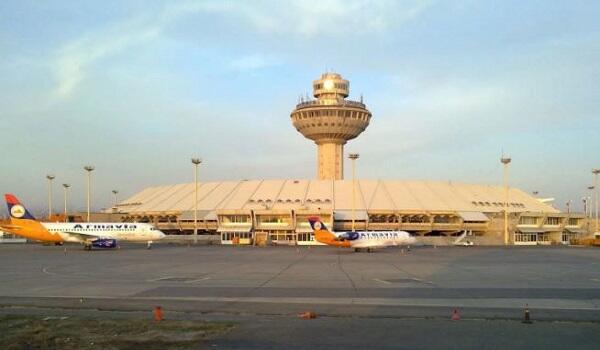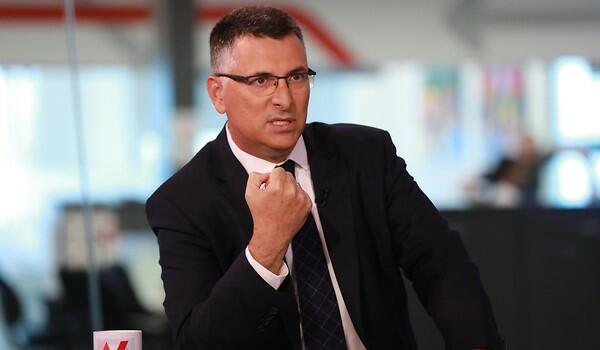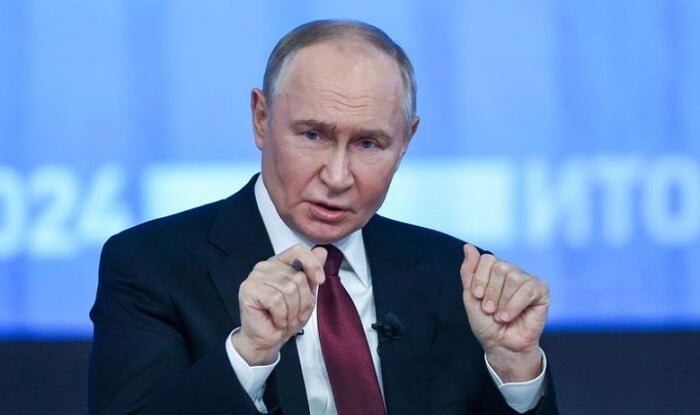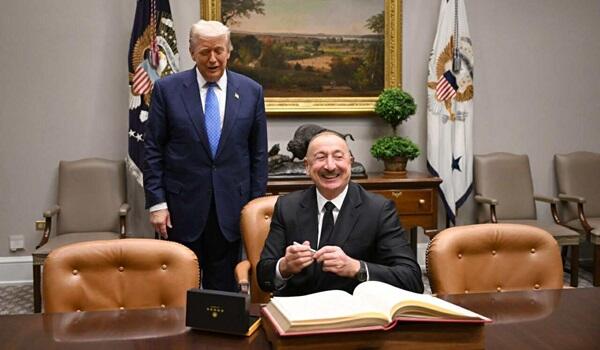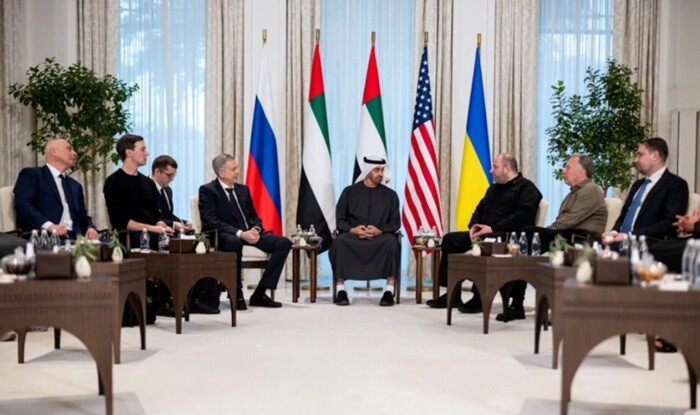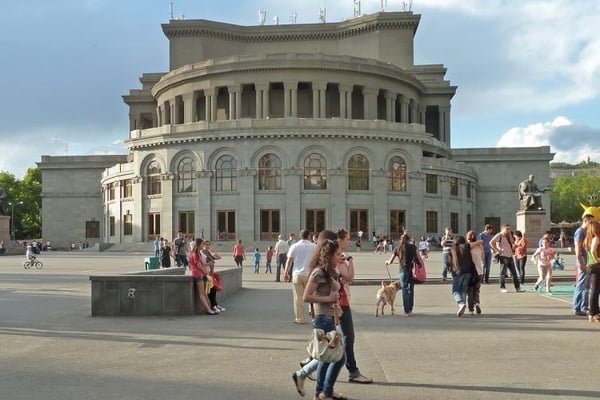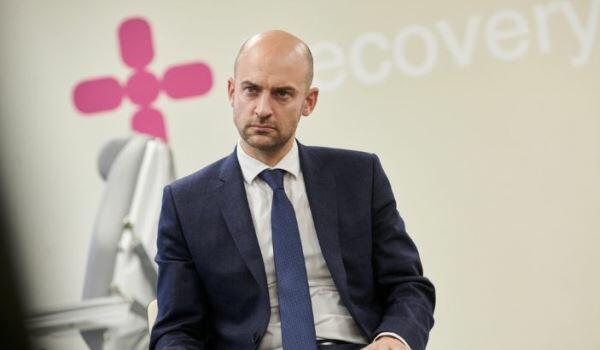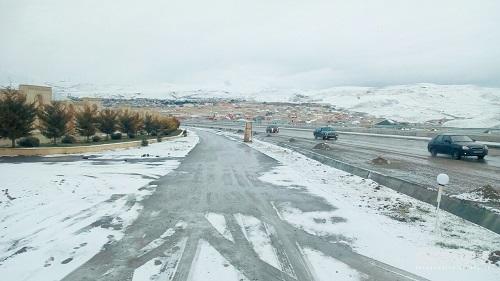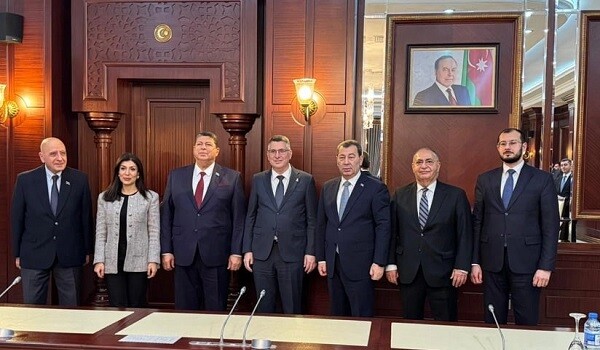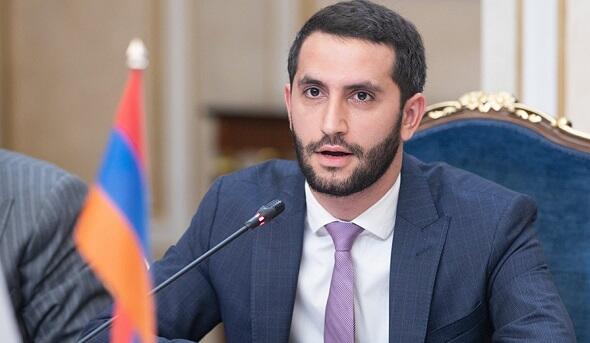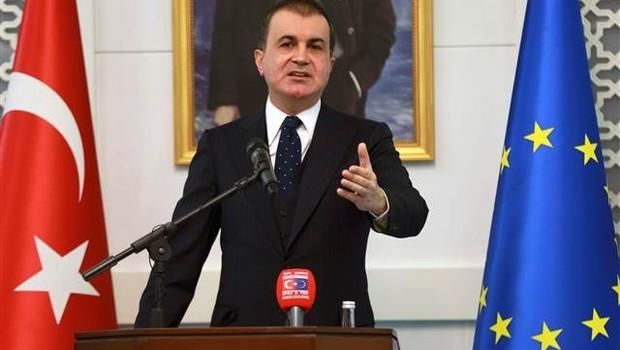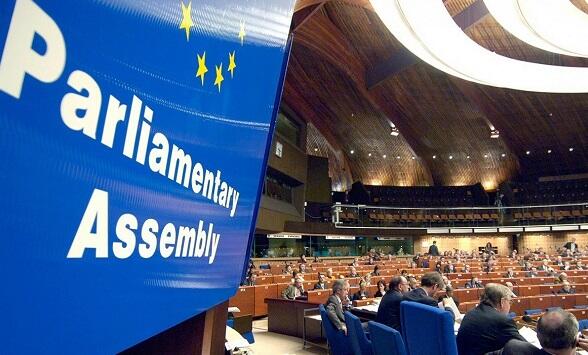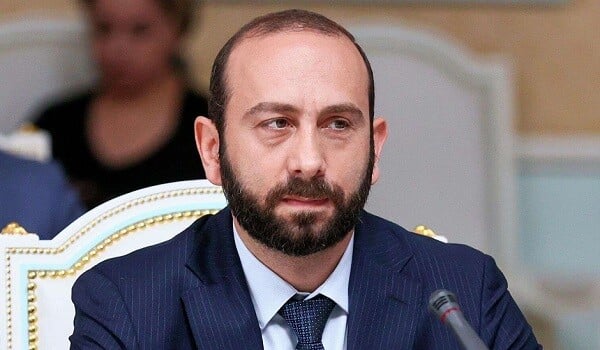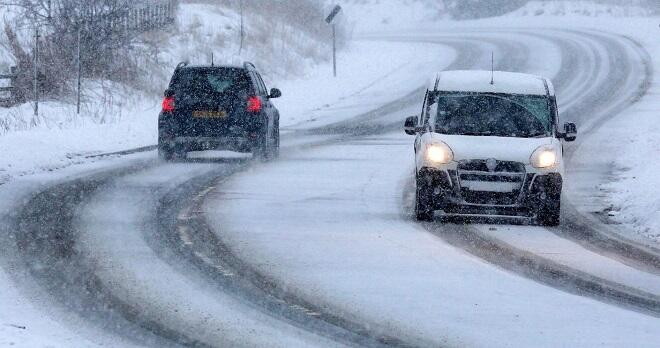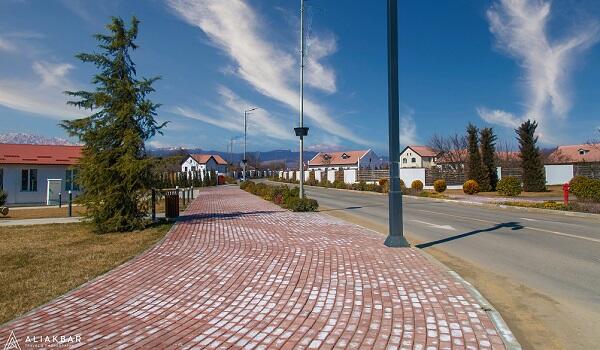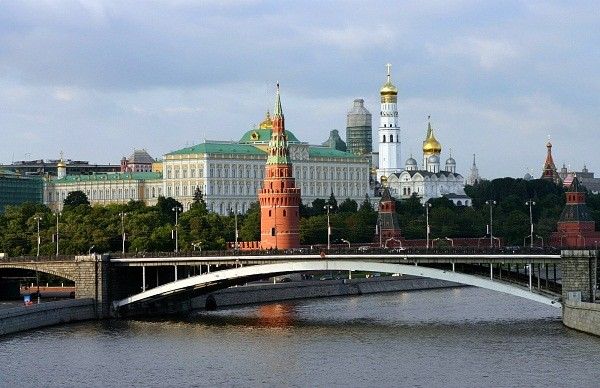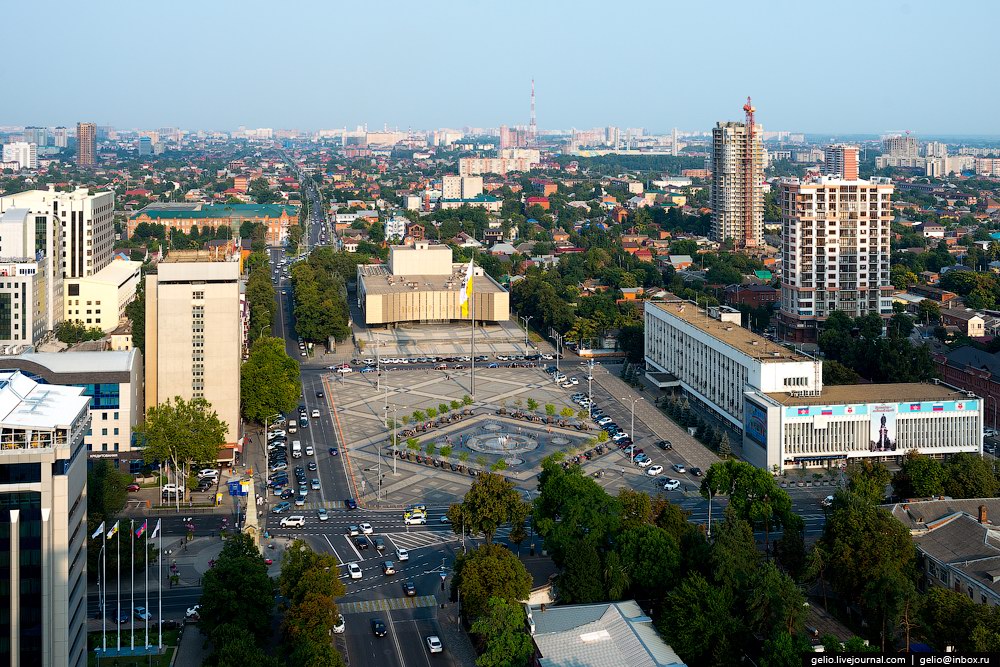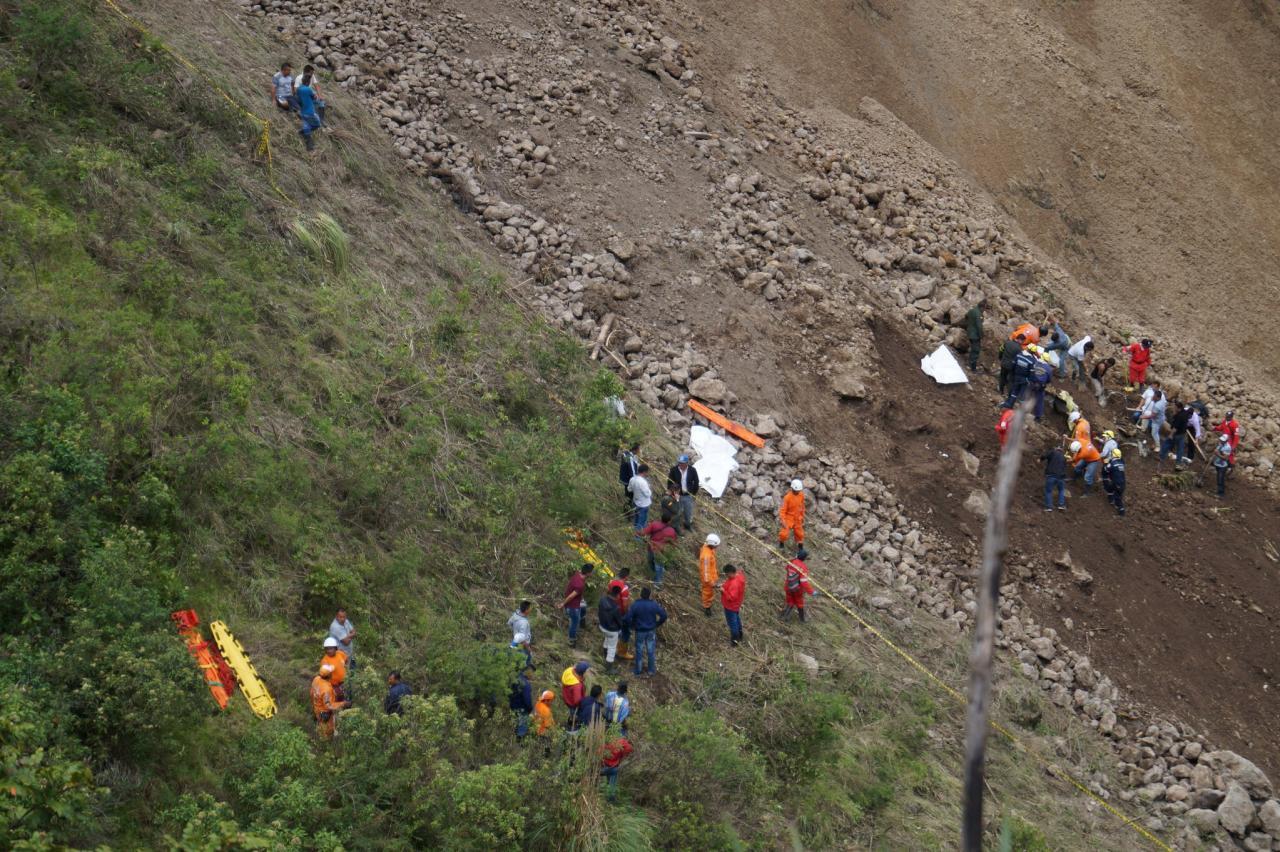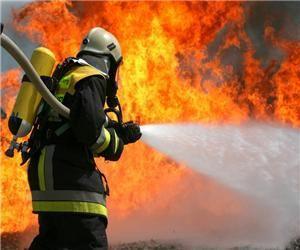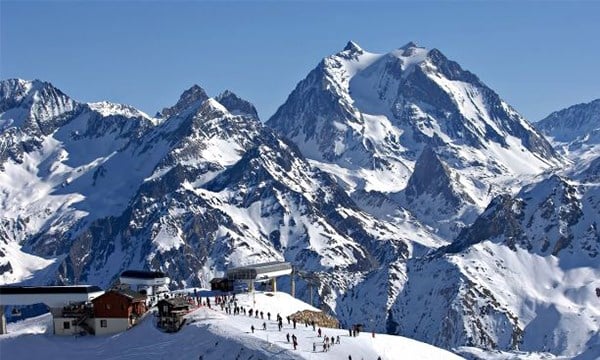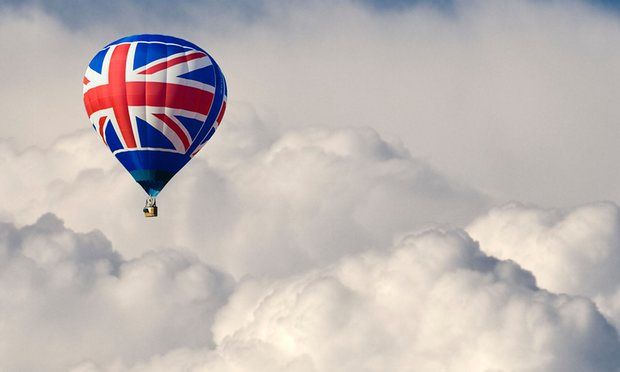A luxury double room in four-star hotel in Kensington
for only £5 more than twin bunk beds in a nearby backpackers’
hostel: one consequence of the slump in hotel occupancy and rates
for London since the EU referendum.
Sterling has fallen by more than 10 per cent against the euro
and dollar since the vote in June to leave the EU, which should
make the UK more attractive to foreign tourists – but bookings for
London, the engine for UK tourism, have plummeted.
Preliminary figures from the global hotel data firm STR,
analysed by The Independent, show that the number of empty hotel
beds in the capital increased by more than one-third in October
compared with a year earlier. Average rates fell by 7.7 per cent to
below £150.
The four-star Copthorne Millennium Hotel in Kensington is
selling double rooms for next Sunday night for £87 – only £5 more
than a basic room with twin bunk beds room at the nearby Safestay
hostel in Holland Park. The London-wide occupancy rate in October
was 85 per cent, down from 89 per cent the year before. It is the
lowest figure for the month since 2008, when the financial crisis
began. The falls in October are the steepest for the month since
2001.
Analysts for STR reported that demand fell "across both weekday
and weekend business". Weekday guests tend to be on business, while
weekends are more dependent on leisure travellers. The main metric
used by the hospitality industry for assessing performance is
revenue per available room (RevPAR), which fell by 11.4 per cent
last month compared with the previous year.
Outside London, occupancy fell slightly – down 1.4 per cent to
79.7 per cent – but was outweighed by a 1.9 per cent rise in
average the rate to £72.16.
Since the 2012 Olympics, the number of international visitors to
London has risen by one-fifth. Last year the capital was visited by
36.1m tourists, slightly more than half of them from overseas.
Average tourist spending in the city amounts to £1,000 per person.
A spokesperson for the capital’s promotional body, London &
Partners, said: "We are working closely with the Mayor’s office to
promote London as the most open and welcoming city in the world.
The latest forecasts by London & Partners suggest that London
tourism will see stronger long-term growth, with 22.4million
overseas tourists predicted to come to the capital by 2020."
But a hotel business insider said: "You can’t make a tourism
industry on the fluctuations in the pound."
The number of hotel rooms in the capital continues to increase,
with the supply of beds on Airbnb and other peer-to-peer
accommodation sites also increasing. But London has been replaced
by Amsterdam as the most attractive hotel-investment destination in
Europe, according to research by Deloitte. For the past two years,
the UK capital has been the favoured location, but the Dutch city
has now edged London into second place in a survey of hotel owners,
operators, developers and investors.
The Deloitte survey measures long-term confidence in
destinations. Slightly more than half (52 per cent) of hotel
investors cited geopolitical instability in Europe as their main
concern for 2017.
Nikola Reid, director of Deloitte’s Hospitality Advisory team,
attributed London’s relative decline to "concerns around supply and
uncertainty as to corporate sentiment".
The British Hospitality Association, which represents hoteliers,
said much of the domestic tourism industry relies upon workers from
other European countries. There are fears that when employment
restrictions are put in place, costs may rise. Ufi Ibrahim, chief
executive of the BHA, has asked the Government to provide a
"realistic timeline to reduce the number of EU migrants".
